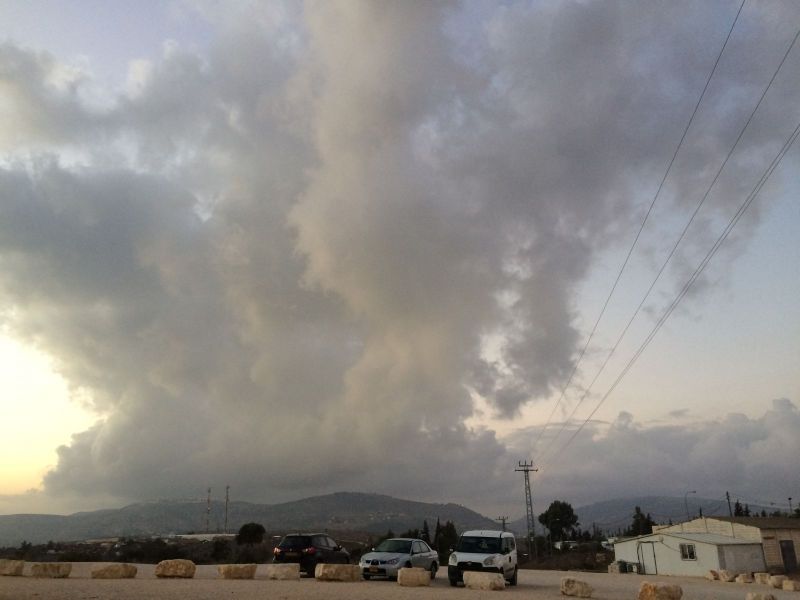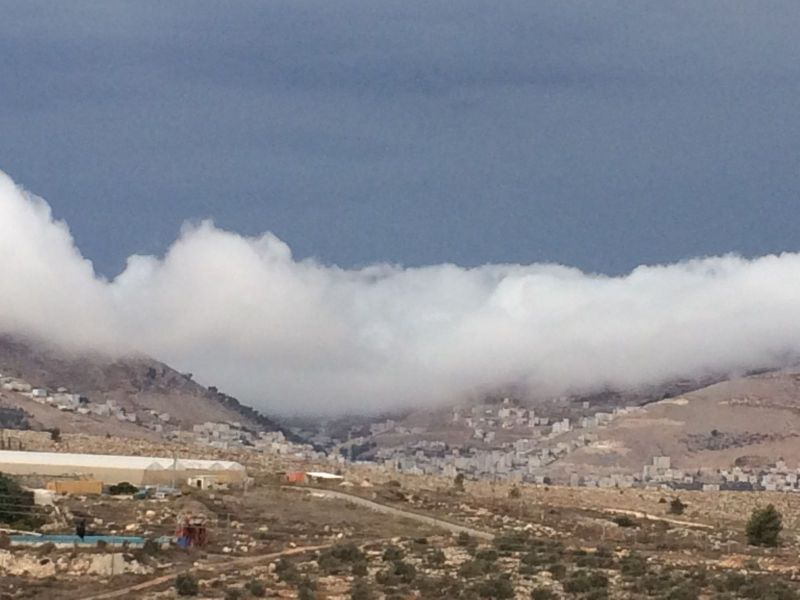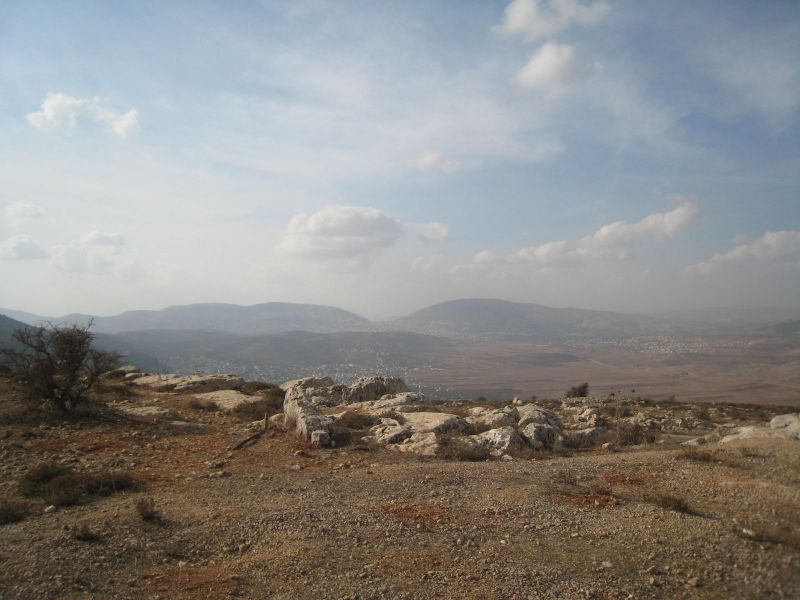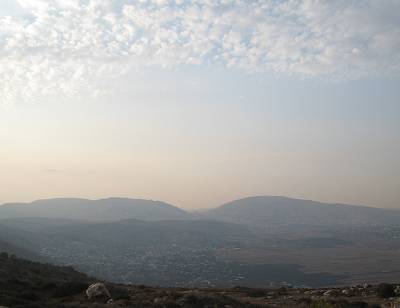Parashat Vayishlach – A Display of Unity
Last night, on the eve of the fifteen day of Kislev 5776, a very special wedding took place in Jerusalem in Binyaney Haumah. Sarah Tichyeh Litman, the precious bride, who lost her
Parashat Toldot – Essay – “The Kosher Pig”
The Talmud in the tractate of Pesachim relates a story of Rabbi Joseph the son of Rabbi Yehoshua Ben Levi that was ill and his soul left him temporarily and entered the upper world
Essay On Parashat Chayay Sarah
Looking at world statistics one will find that the not only the average age of marriage has risen to an all-time high but the numbers of never married adults is also breaking all t
Parashat Vayerah – Understanding Angels
As people that live in the corporeal world, we are not accustomed to experience the supernatural. Nevertheless, growing up in an orthodox world of Torah we are exposed from a very
Parshat Lech Licha – The Double Role of Abraham
Living in the backyard of where this week’s Torah portion, Parshat Lech Lichah, takes place is such a precious gift that cannot be taken for granted. It is amazing how just t
Parshat Noach – The Ark of Truth and Justice
If I wasn’t living in Israel and witnessing the nightmarish situation here in the land, I would not believe the present events as being real. Everyone is in a total state of





